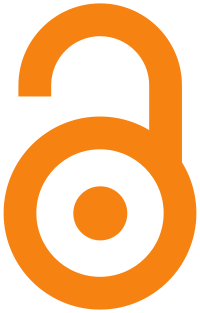Boston Library Consortium signs letter to President Obama about Open Educational Resources
In June, the White House called for suggestions from the public for its third Open Government National Action Plan, to be released later this year. The purpose of this plan is to increase transparency in government as well as support open research and learning tools, which were identified as areas for development in the first two National Action Plans. The Scholarly Publishing and Academic Resources Coalition (SPARC), an international group of academic research libraries, has responded to this call with a letter advocating for increased support for the development of open educational resources. The Boston Library Consortium, of which Northeastern University is a member, has added its name as a signatory of this letter. We are proud to voice our support for open educational resources!
Open educational resources (OERs) are freely accessible learning objects that support teaching and learning at all levels – from kindergarten through higher education. Because they are openly licensed, educators can customize OERs or create mashups of different resources to provide their students with the material that best meets their teaching objectives. OERs include textbooks, audio and video materials, tests, software, interactive modules, and much more. Many are peer-reviewed either before or after being publicly released, so teachers can be assured of their quality.
OERs benefit students as well as educators—they serve as free alternatives to costly traditional textbooks. A recent NBC News story about the astronomical increase in textbook prices (more than triple the cost of inflation since 1977) quotes an incoming Northeastern first-year student on the struggle to afford college textbooks. OERs would help him and thousands of others get a high-quality education at a more affordable price. The Open Education Group, which conducts an ongoing review of empirical research on the use of OERs, reports that studies show students and educators using OERs are satisfied with the quality of these resources and that learning outcomes are equivalent to or better than those in classrooms using traditional resources.
Instructors and students, are you interested in learning more about open educational resources? Check out my guide to OERs and textbook alternatives, and please feel free to contact me if you have further questions.

 Join us on Thursday, October 27, at 10:30 a.m. in 90 Snell Library for a presentation on open textbooks. Michael Boezi, editorial director of
Join us on Thursday, October 27, at 10:30 a.m. in 90 Snell Library for a presentation on open textbooks. Michael Boezi, editorial director of